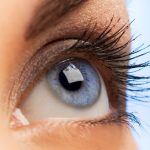6 Common Vision Myths Debunked
-
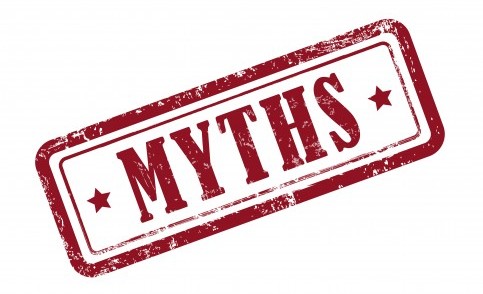
When it comes to vision health and vision loss, misinformation abounds. While some of the things we’ve come to accept have some truth to them (e.g., staring at the sun damages the eyes, eye conditions are often genetic), many widespread “truths” regarding vision are quite the opposite.
Here are six of the most common vision myths that might have fooled you.
-
1. Don't Read in the Dark

It seems to make sense that reading in poorly lit or darkened rooms could damage your vision, but it’s simply not the case. Straining to read in the dark may cause some short-term discomfort, but it has not been proven to yield any long-term damage.
-
2. Don't Sit too Close to the TV
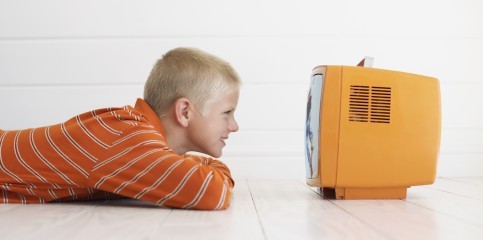
Mom always said, “don’t sit so close to the TV or you’ll hurt your eyes.” But while her intentions were good, her vision advice wasn’t. As with reading in the dark, sitting too close to a TV or computer screen can hurt or strain your eyes, but it can’t actually damage them. That being said, it’s certainly advisable to avoid sustained close viewing and take breaks now and then.
-
3. Glasses and Contacts Weaken Vision
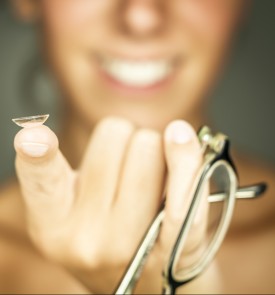
The idea that relying on glasses or contacts weakens the eyes is nonsense. You can damage the eyes if you aren’t using the correct prescription or have some other issue with your lenses, but that can be avoided with regular check-ups. Reliance on glasses or contacts does not cause further deterioration of vision.
-
4. Eating Carrots Improves Vision

This was another one from Mom, whose real motive was probably to get you to eat healthy snacks instead of junk. (Remember “spinach makes you strong like Popeye” and “an apple a day keeps the doctor away”?) In this case, Mom wasn’t completely wrong. Carrots are packed with beta-carotene, which the body converts into vitamin A, a key nutrient in eye health. Vitamin A deficiency can cause vision problems, but this is in no way related to carrots directly. Eating carrots is good for your overall health, but it will not improve your vision.
The idea that carrots improve night vision can be traced in part to a WWII propaganda campaign run by The Royal Air Force in an effort to hide the development of new, secret radar technology. When RAF pilots started shooting down Luftwaffe fighters during nighttime raids, carrot-aided vision was used as the subterfuge to hide the radar technology. Read more about it here. -
5. Squinting Damages Vision

Squinting doesn’t damage vision, but it can be a sign that your vision is less than perfect. If you find yourself squinting to read or see things at distance, it might be because your near or distance vision has deteriorated. Visit an eye doctor for an exam to determine if glasses or contacts could get rid of the squinting altogether.
-
6. Vision Loss Cannot Be Detected Before It's too Late to Be Prevented
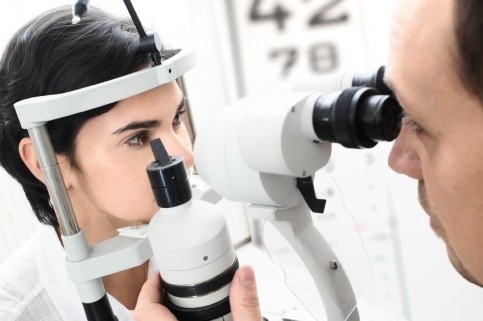
A common myth holds that vision loss can be corrected, but not detected in time to be prevented. This is not true. Take cataracts, for example, the leading cause of vision loss worldwide. There has been great work done by NASA and the NEI (National Eye Institute) in the field of early detection of cataracts, before there has been any vision loss. It is hoped that a breakthrough in early detection could help eye doctors treat patients early to avoid cataracts before vision loss occurs.
Vision loss is a natural byproduct of aging, and there are many steps we can take to prevent, rather than simply correct, vision problems. Good eye nutrition for starters.
Read more about the NASA and NEI early cataract detection project.


